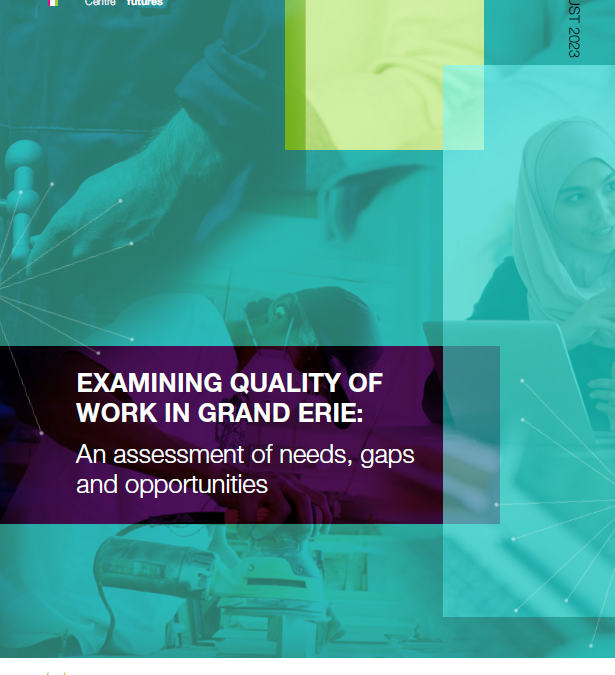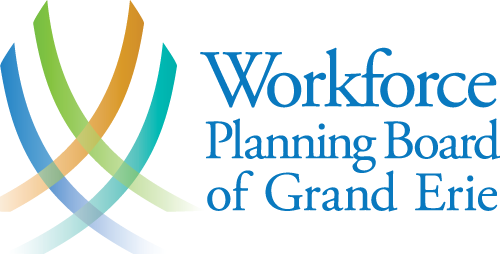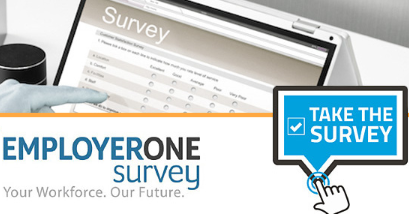
Quality of Work study looks at workplaces
Quality of Work study shows there are significant differences between how local employees and employers view what makes a workplace a good place to work.
The study found that, in general, employers excel at providing a positive work environment and good overall working conditions, but they sometimes come up short in the eyes of employees when it comes to wages, skills building and career advancement.
This is one of the key findings from Examining Quality of Work in Grand Erie report, published by the Workforce Planning Board of Grand Erie in collaboration with the Government of Canada’s Future Skills Centre.
“Having strong quality of work is a major factor in attracting and retaining employees,” said report author Wynona Mendes, Research Lead with the Workforce Planning Board.
“The pandemic has shown that many people are prepared to change jobs and careers – perhaps more than ever before – to find a workplace they are happier in and offers better pay, working conditions and work-life balance.”
EXTENSIVE SURVEYS
The study assessed the needs, gaps and opportunities for improving quality of work, a term that encompasses things such as wages, benefits, job security, chance for promotion, access to skills development, and workplace culture.
The study gathered input from more than 480 job seekers and employees, as well as 160 employers, in Brantford, Six Nations, Mississaugas of the Credit, and Brant, Haldimand and Norfolk counties.
The Examining Quality of Work in Grand Erie report is available on the Workforce Planning Board’s website HERE
The study’s goal was to deepen the understanding of how quality of work is perceived and experienced, and to investigate what supports employers may need to enhance working conditions.
“One of the major workforce shifts we’ve seen in the last few years is more emphasis on the mental health and wellness of employees,” Mendes said. “Employers are recognizing that these factors have a direct impact on employee performance and productivity, and many are adopting innovative practices – such as providing longer breaks and remote working – to support their workers’ well-being.”
FUTURE SKILLS CENTRE
Tricia Williams, director of research, evaluation and knowledge mobilization at the Future Skills Centre, said the study is timely.
“As Canadian labour markets continue to navigate volatility and labour shortages, addressing the multi-dimensional factors of quality of work could hold the key for policy makers and employers to effectively retain, upskill and grow our talent pools,” Williams said.
“We are pleased to work with the Workforce Planning Board of Grand Erie on this important research that starts to uncover the types of supports the local workforce would find most beneficial to improving their quality of work.”
Mendes said the study can shine a spotlight on quality of work issues and lead to improvements for both employees and employers.
“There are opportunities for innovative thinking and strategies to enhance individuals’ quality of work, while also ensuring businesses have the motivated, productive and happy workforce they need to be successful,” Mendes said.
UPCOMING WEBINAR
The Workforce Planning Board is holding a live webinar on Sept. 27, 10:30 a.m. to 12 noon, to summarize the findings of the Quality of Work study. Several Grand Erie employers will also talk about the innovative strategies they’ve used to elevate quality of work within their workplaces.
Anyone interested in attending the webinar can REGISTER HERE
The study was funded by the Government of Canada’s Future Skills Centre, a forward-looking organization that prototypes, tests and measures new and innovative approaches to skills development across Canada.









